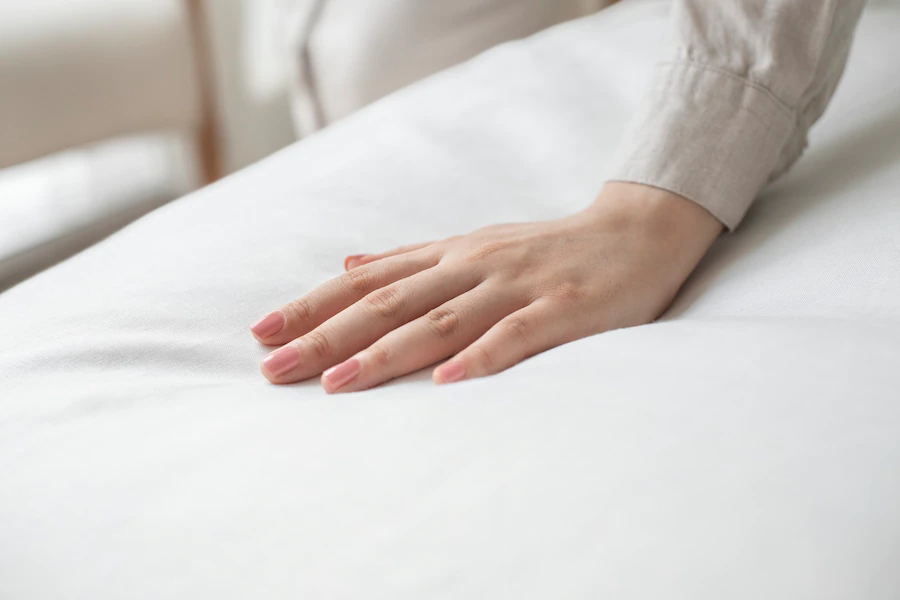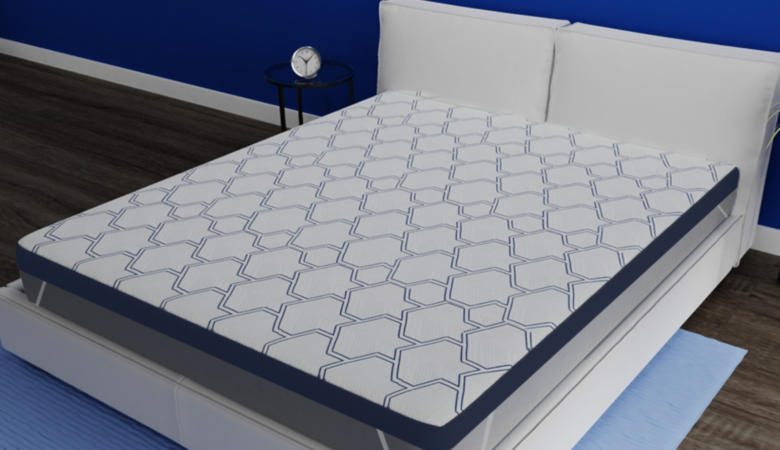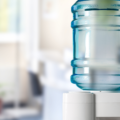Owning a high-quality mattress pad goes a long way in ensuring you enjoy deep and stress-free sleep through the night. Not only does it reduce allergens while enhancing the durability of a mattress, but it also keeps the bedding protected against damage and stains.
In a nutshell, it is all too easy to neglect mattress pads that perform their job well, as you might even forget that they’re there!
However, one of the prime requisites to keep your snooze sanctuary sanitary is properly caring for and maintaining this part of the bedding. So, how often do you wash the mattress pad? This guide answers that and more.
Importance of Washing Mattress Pads Frequently
Even those with the best quality mattress invest in a protector or pad to keep it looking new for longer and reduce allergens. Even so, mattress pads also have their limitations.
Meaning, you cannot use the world without end and keep it in good condition. Just consider this – while mattress pads protect against allergens, it is also true that the body sheds dead skin cells every single day, which accumulate on the mattress.
Not just that, but dust mites are attracted to these dead cells, and they feed upon them. Other allergens found on mattresses include general dirt, pet hair, mould, pollen, and dander. Then there are normal bodily processes such as sweating and oil release that will further pollute the mattress pad.
And if accidents happen, such as food or liquid spills, mattress pads require immediate cleaning. If neglected, the stains and damage can extend to the mattress underneath. Would you want your expensive mattress to bear the brunt of it all? It’s always better to be on the safe side by washing mattress pads regularly.
How Often Should the Mattress Pad be Washed?
Naturally, the next question in your mind must be, “How often should I wash my mattress pad?”. There is no hard or fast rule for how often your mattress pad needs to be washed. But getting it cleaned in two to three months is a good approximation.
This is mainly because mattress pads do not undergo wear-and-tear at the rate sheets, which need to be washed way more often. Given the quality and durability of the pad, even two to three times per year should be sufficient.
Additionally, whenever you wash your queen or king-size mattress, you can simply vacuum the mattress pad to remove dirt particles and other unwanted debris that may have accumulated. Other than this, you may also need to wash the mattress protector immediately after spillages.
Proper Bedding Hygiene between Washes
Suppose yours is a special mattress bed for back pain, and you cannot make time to wash it as often as you’d like, there are still ways to ensure the sheets stay clean between each wash. Do the following to extend the mattress and its protector’s longevity –
- Do not allow pets to linger on the bedding for too long.
- Take a warm bath or shower before heading to bed. This will reduce the number of dead skin cells on the protector.
- Refrain from applying creams and lotions before bed. While they may be suitable for your skin, the oils and chemicals in them will break down the natural fibres of the mattress pad, especially those in cotton or silk.
- Always remove your make-up before you head to bed. Even make-up products have chemicals that can damage the sheets.
- Do not eat or drink on the bed, which helps avoid accidental spillages.
Although it is true that such practices will still not keep your king or queen bed mattress size safe from dirt particles, debris, and dust mites, it will still maintain cleanliness in-between washes.
What about the Rest of the Bedding Components?
That was more or less about mattress pads. What about other parts of the bedding? Yes, they need to be washed too.
For instance – Sheets should ideally be changed and washed once every week. While the above-mentioned practices can prevent spillages and keep the bedding clean in-between washes, this process becomes easier when you stock several sets of sheets that can be changed.
After washing, it is best to dry them out in the sunlight to kill all microorganisms. If your bedding includes duvets, they should be washed at least twice yearly. After washing, dry the duvet as soon as possible, or the moisture will make it smelly.
Even pillows should be washed at least once every three months. While twice a year should also be fine, once every three months is more hygienic, given that at least one-third of the pillow weight is made of bugs, dust mites, and dead skin cells.
Finally, the mattress itself should be cleaned once every couple of months. However, this depends upon the manufacturer’s care instructions. You can also vacuum the mattress to remove accumulated dust particles and dead skin quickly. However, keep in mind that not all mattresses can be vacuumed.
In case yours can, use it on the lowest suction setting in addition to an upholstery attachment. At this rate, you can vacuum your bedding once every couple of months, not more.
If you’ve recently purchased a new mattress online, it is best to start everything fresh by washing the sheets, duvets, pillow covers, and mattress protectors.
Choose the Livpure Advantage
Whether you want to buy king size bed, twin-size, queen size in inches, or single bedding, Livpure has all your mattress needs covered! Not only that, but different types of mattresses are available to suit custom needs.
The Livpure Ortho X mattress is among the top 5 mattresses, highly popular for its spine alignment and back support. With correct body positioning, you can enjoy superior comfort and sound sleep through the night.
You can also purchase a relevant mattress protector for different king-size beds and queen-size variants. Plus, since all products are available online, you need not worry about finding a “cotton mattress shop near me.” Just choose the Livpure advantage and transform your sleep from restless to restful.








